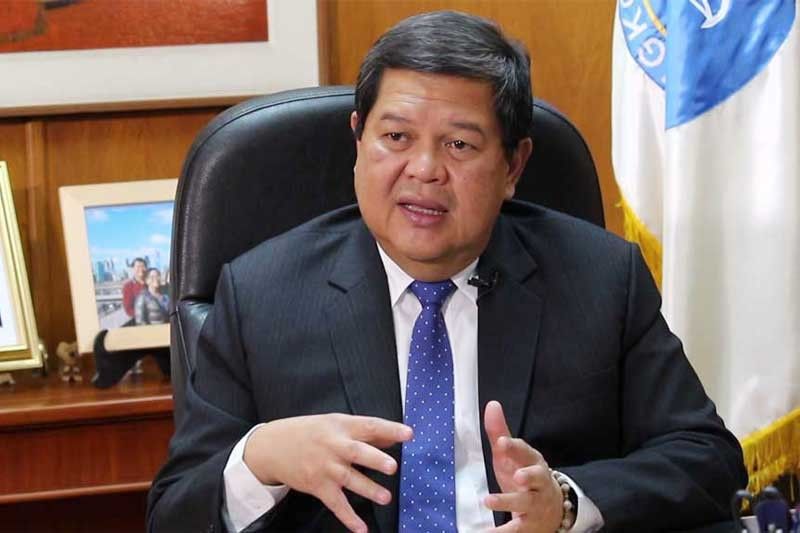Report card gives Espenilla 'B+' grade for performance as BSP chief

MANILA, Philippines — Bangko Sentral ng Pilipinas Governor Nestor Espenilla, Jr.’s grade for his first year in the post is out, and he got the third-highest rating.
In its latest report card, which rated the performance of 89 central bankers around the world, New York-based Global Finance magazine gave Espenilla a “B+” grade.
Grades are based on central banks’ success in areas such as inflation control, economic growth goals, currency stability, interest rate management and independence amid political pressure.
An “A” represents an excellent performance while an “F” is an outright failure.
Other central bankers who received a “B+” grade were the governors of Canada, Dominican Republic, Ecuador, Peru, Iceland, Japan, Vietnam, Botswana, Central Bank of West African States, Egypt and Saudi Arabia.
Meanwhile, 11 central bank chiefs earned “A” grades and six got an “A-“.
Interest rate hikes under Espenilla
Espenilla, 59, was appointed to the position by President Rodrigo Duterte last year. He replaced two-termer Amando Tetangco, Jr., who has been recognized as a Grade-A central banker by Global Finance for eight straight years.
Under Espenilla’s watch, the BSP delivered rapid-fire interest rate hikes of 1.5 percentage points since May, its strongest action against inflation since 2000. Some market watchers have said the BSP was too slow to act against inflation and had fallen “behind the curve” — a criticism that Espenilla rejected.
Philippine monetary authorities have conceded to missing their 2-4 percent target band for inflation this year and next, with soaring prices seen averaging 5.2 percent in 2018 and 4.3 percent in 2019. A more than 8 percent slump in the Philippine peso this year has been fanning domestic inflation, adding to the central bank's woes.
Emerging-market central banks have recently come under pressure amid a stronger US dollar and tightening monetary policy in advanced economies.
“The changing of the guard comes at a time of great uncertainty for central banks, which are shifting away from quantitative easing toward quantitative tightening,’ Global Finance said.
“Many emerging-market central banks have been forced to raise interest rates this year to prop up their currencies in the face of a stronger dollar. Others have intervened heavily in the foreign exchange market, drawing down currency reserves,” it added.
“Every country has its own special problems and circumstances, which call for different policy responses.”
- Latest
- Trending




























